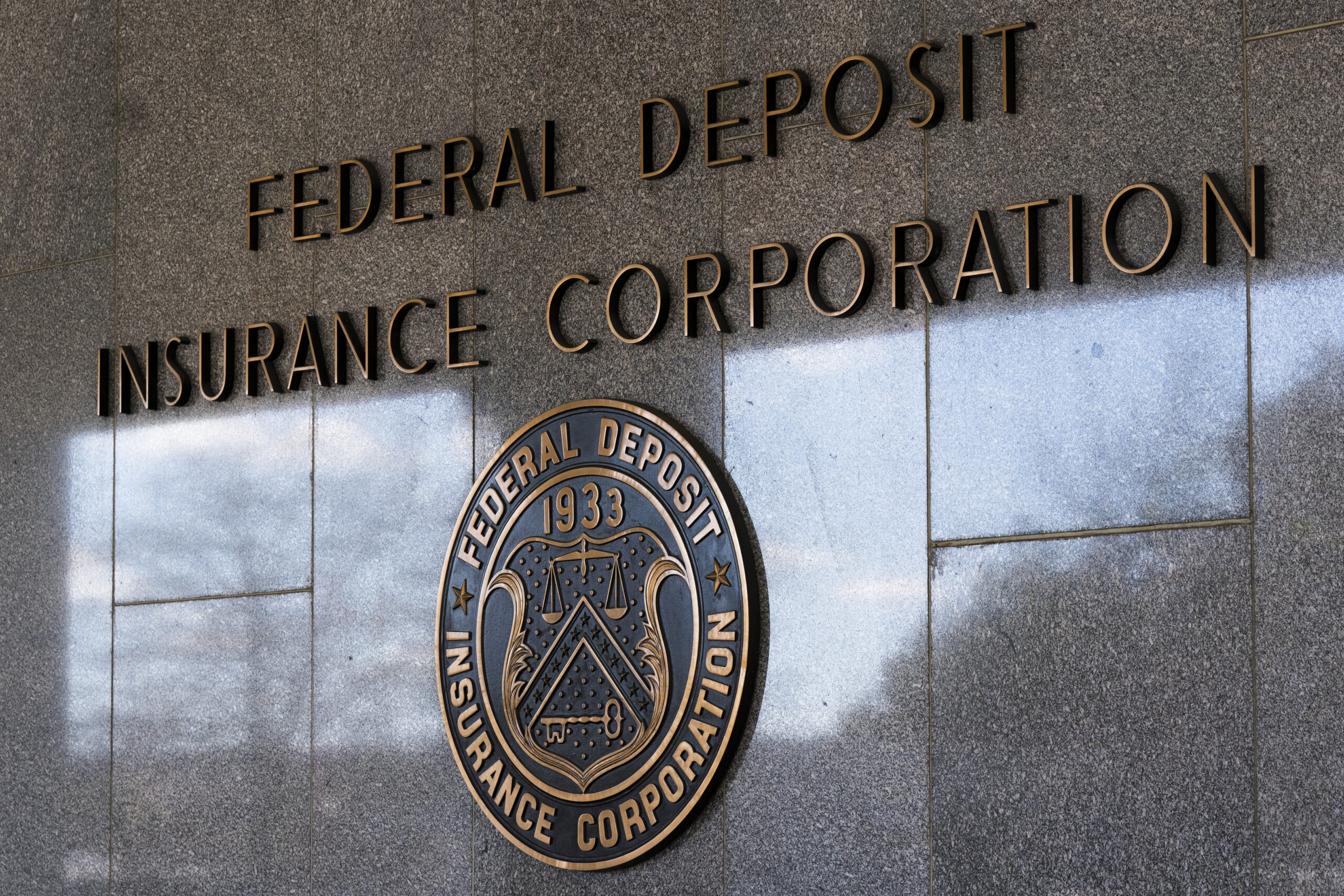

The first bank failure of 2024 happened last week when Republic First Bank, a financial institution based out of Philadelphia, was seized and closed by federal regulators.
The bank reportedly faced mounting financial difficulties due to a decrease in the number of deposits it received and its mortgage lending. The bank was seeking funds to continue its operation, but a deal that would have provided it with $35 million fell through earlier this year, according to multiple reports.
The bank was considered high risk due to its inability to secure funding. The Pennsylvania Department of Banking and Securities cited “unsafe and unsound conditions to protect depositors” in its decision to shutter the bank. The DoBS immediately named the Federal Deposit Insurance Corporation “as receiver of the bank.”
The FDIC also issued a press release on the bank’s failure.
“Philadelphia-based Republic First Bank (doing business as Republic Bank) was closed today by the Pennsylvania Department of Banking and Securities, which appointed the Federal Deposit Insurance Corporation (FDIC) as receiver. To protect depositors, the FDIC entered into an agreement with Fulton Bank, National Association of Lancaster, Pennsylvania to assume substantially all of the deposits and purchase substantially all of the assets of Republic Bank,” the FDIC announced in a press release.
Multiple outlets reported that Republic First was the fourth bank to be seized by regulators since 2023. Silicon Valley Bank, Signature Bank, and First Republic Bank all folded last year. According to the FDIC, all of those banks were considerably larger institutions than Republic First. As of January, Republic First only had about $6 billion in assets and approximately $4 billion in deposits. Comparatively, Silicon Valley had total assets valued at $209 billion.
Analysts were ambivalent as to what this meant for the banking industry.
Feddie Strickland, an analyst from Janney Montgomery Scott, didn’t appear overly concerned about Republic First’s closure in comments to the New York Times.
“I think small banks are in good shape,” Strickland said. “Some of the failures we saw last year were really banks with a certain specialization. I think there’s an importance of being diversified.”
Conversely, Joseph Lynak, a banking attorney from Dorsey & Whitney, told Fox News that it was an ominous sign for the future.
CLICK HERE TO READ MORE FROM THE WASHINGTON EXAMINER
“This bank failure indicates that additional failures will occur and will range between smaller community banks and larger banks,” Lynyak said. “The cause is twofold: higher-cost deposits exceeding the yield on low-yield treasury securities and similar investments held by banks, and the deteriorating commercial real estate market and commercial real estate loans.”
The FDIC reportedly facilitated an arrangement with Fulton Bank to “assume substantially all of the deposits and purchase substantially all of the assets of Republic Bank.”







